
 Proclamation on the 400th Anniversary of the Discovery of America by Columbus
Proclamation on the 400th Anniversary of the Discovery of America by Columbus
Although Columbus Day did not become an official annual holiday of the United States until 1934, President Benjamin Harrison (1833–1901), acting according to a joint resolution of both houses of Congress, proclaimed a national holiday to commemorate the 400th anniversary of Columbus’ voyage. Delivered on July 21, 1892, ahead of the Chicago Columbian Exposition to be held October of that same year, Harrison’s remarks made special mention of the school ceremonies that would “impress upon our youth the patriotic duties of American citizenship.” It was during these ceremonies that a new salute to the American flag—authored by Francis Bellamy—was recited by school children across the country: “I pledge allegiance to my Flag and the Republic for which it stands, one Nation, indivisible, with liberty and justice for all.”
Whereas by a joint resolution approved June 29, 1892, it was resolved by the Senate and House of Representatives of the United States of America in Congress assembled—
That the President of the United States be authorized and directed to issue a proclamation recommending to the people the observance in all their localities of the four hundredth anniversary of the discovery of America, on the 21st of October, 1892, by public demonstrations and by suitable exercises in their schools and other places of assembly.
Now, therefore, I, Benjamin Harrison, President of the United States of America, in pursuance of the aforesaid joint resolution, do hereby appoint Friday, October 21, 1892, the four hundredth anniversary of the discovery of America by Columbus, as a general holiday for the people of the United States. On that day let the people, so far as possible, cease from toil and devote themselves to such exercises as may best express honor to the discoverer and their appreciation of the great achievements of the four completed centuries of American life.
Columbus stood in his age as the pioneer of progress and enlightenment. The system of universal education is in our age the most prominent and salutary feature of the spirit of enlightenment, and it is peculiarly appropriate that the schools be made by the people the center of the day’s demonstration. Let the national flag float over every schoolhouse in the country and the exercises be such as shall impress upon our youth the patriotic duties of American citizenship.
In the churches and in the other places of assembly of the people let there be expressions of gratitude to Divine Providence for the devout faith of the discoverer and for the divine care and guidance which has directed our history and so abundantly blessed our people.
In testimony whereof I have hereunto set my hand and caused the Seal of the United States to be affixed.
Done at the city of Washington, this 21st day of July, A.D. 1892, and of the Independence of the United States the one hundred and seventeenth.


![That Was the Whopper Weekend That Was [Illustrated] welcometohell](https://americandigest.org/wp/wp-content/uploads/2021/05/welcometohell-150x150.jpg)
![Allen Ginsberg: The Interview, <strong> ➡ 1972 ⬅ </strong> [Republished by unpopular demand] ginsbergnirvana](https://americandigest.org/wp/wp-content/uploads/2022/05/ginsbergnirvana-150x150.jpg)

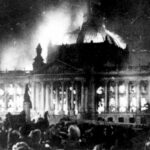


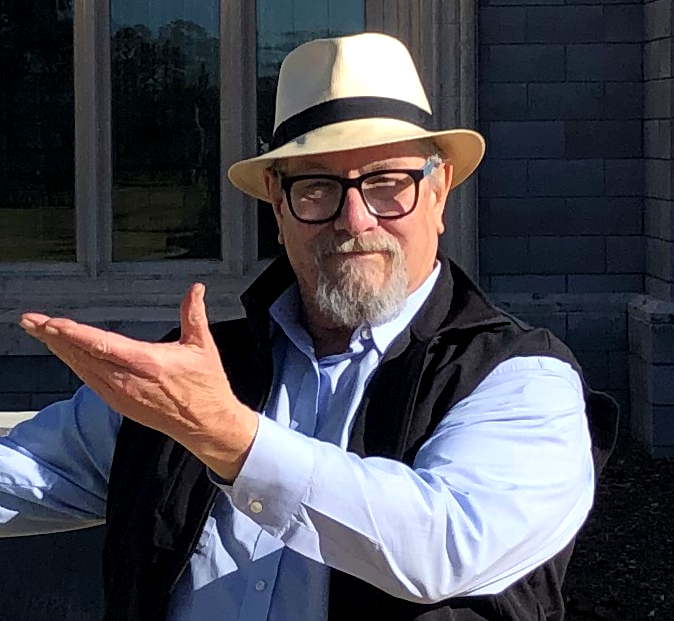 Gerard Van der Leun
Gerard Van der Leun



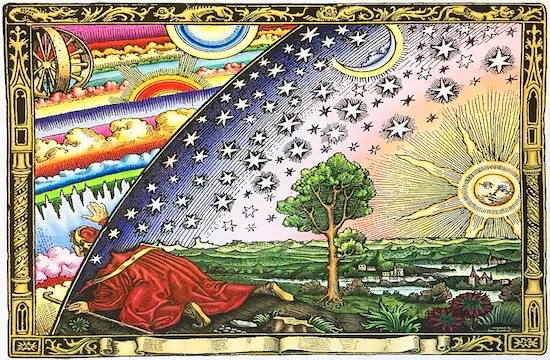


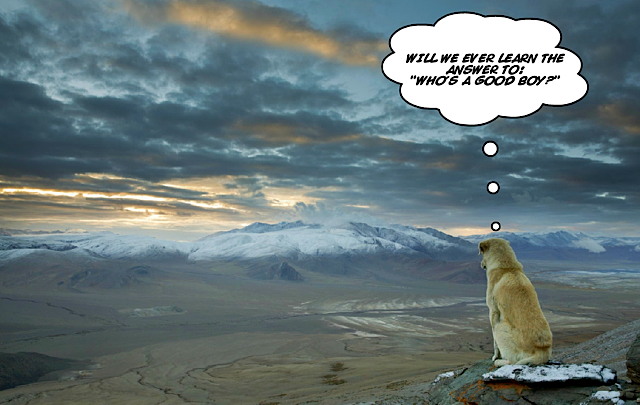

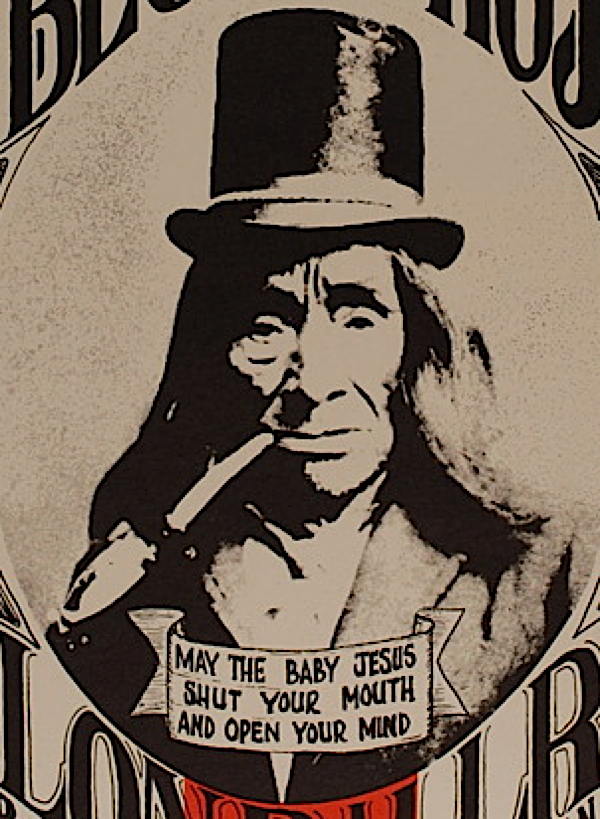

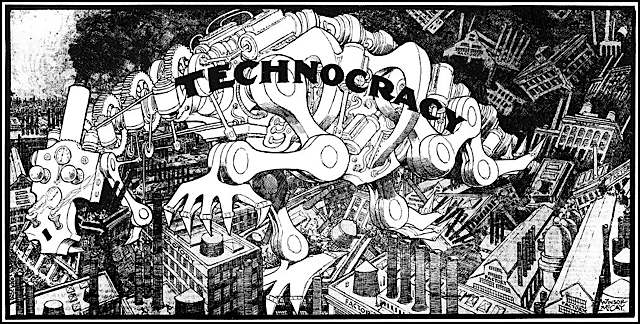

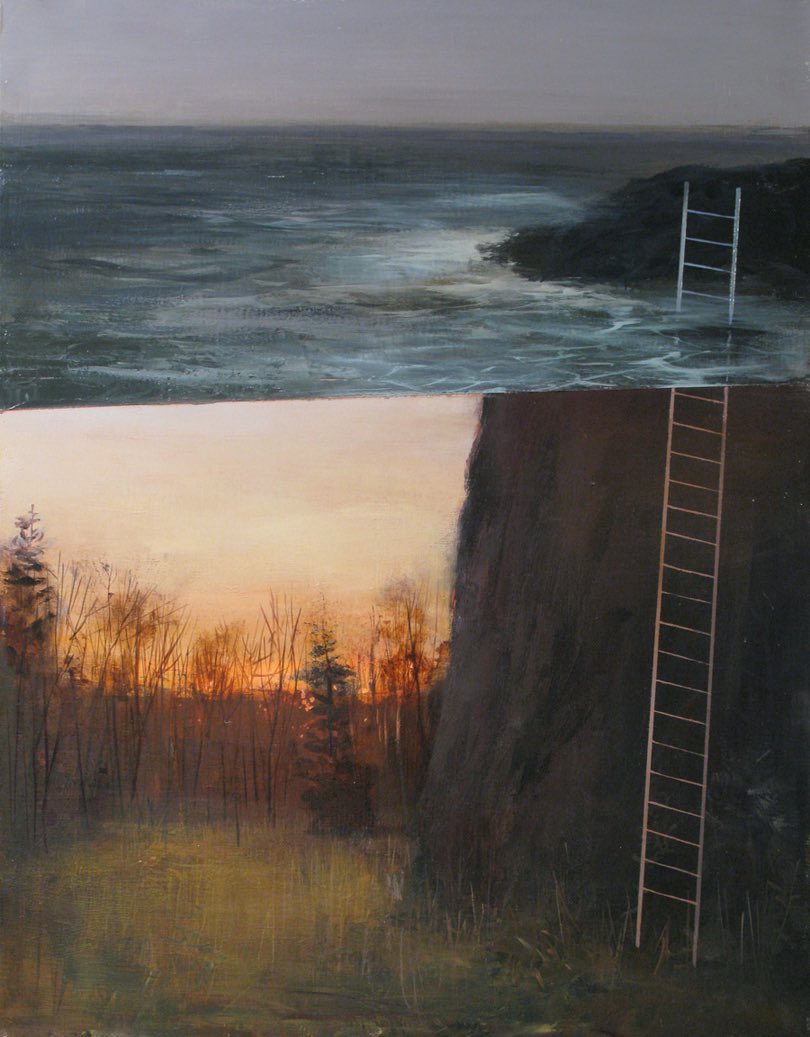
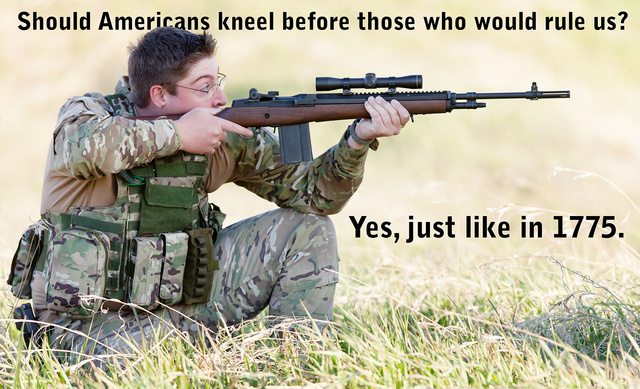

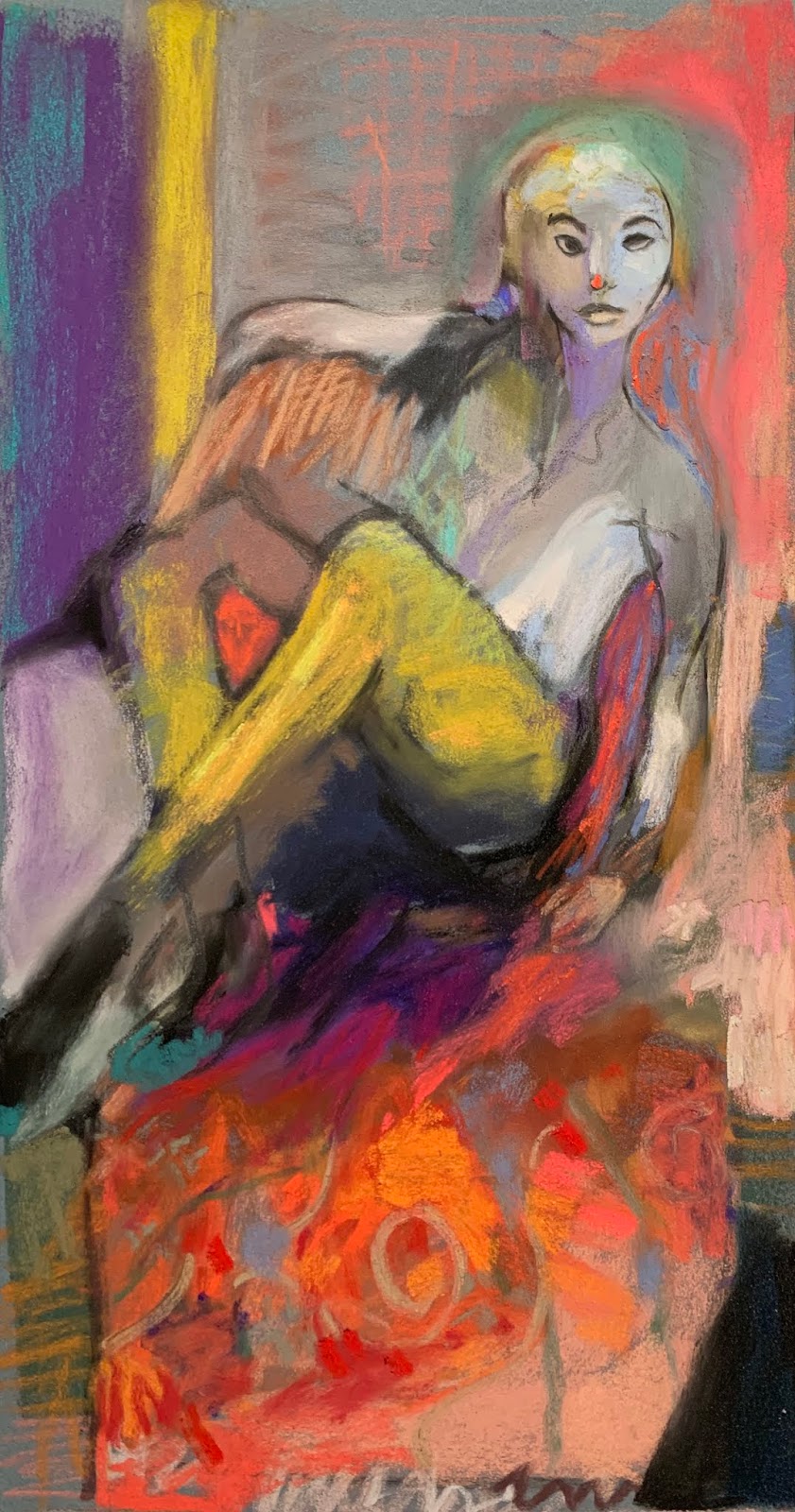
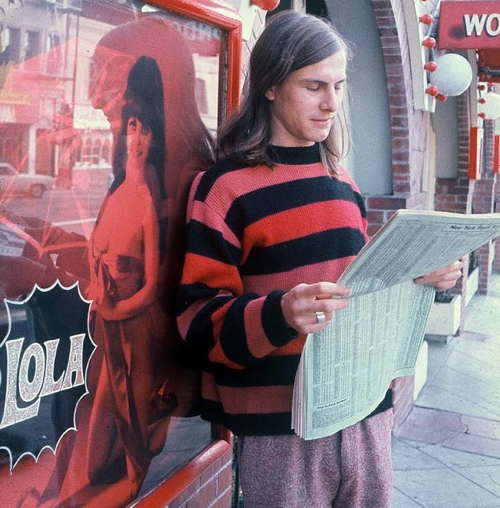
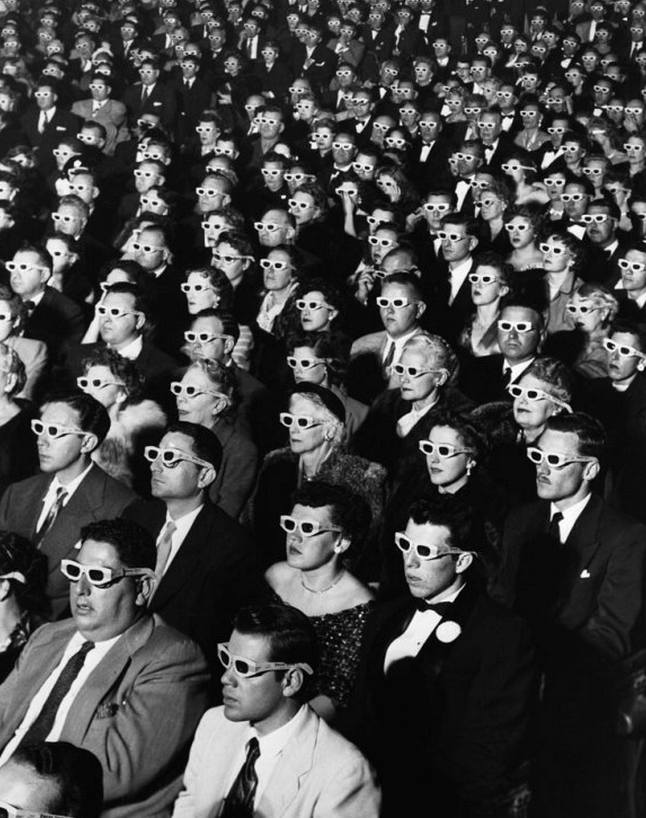
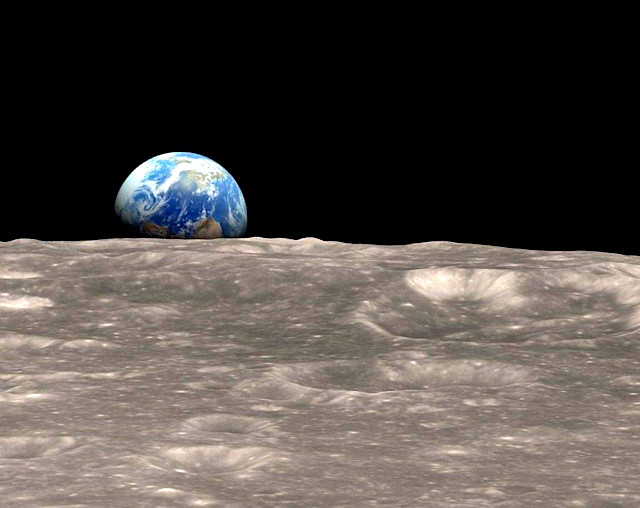


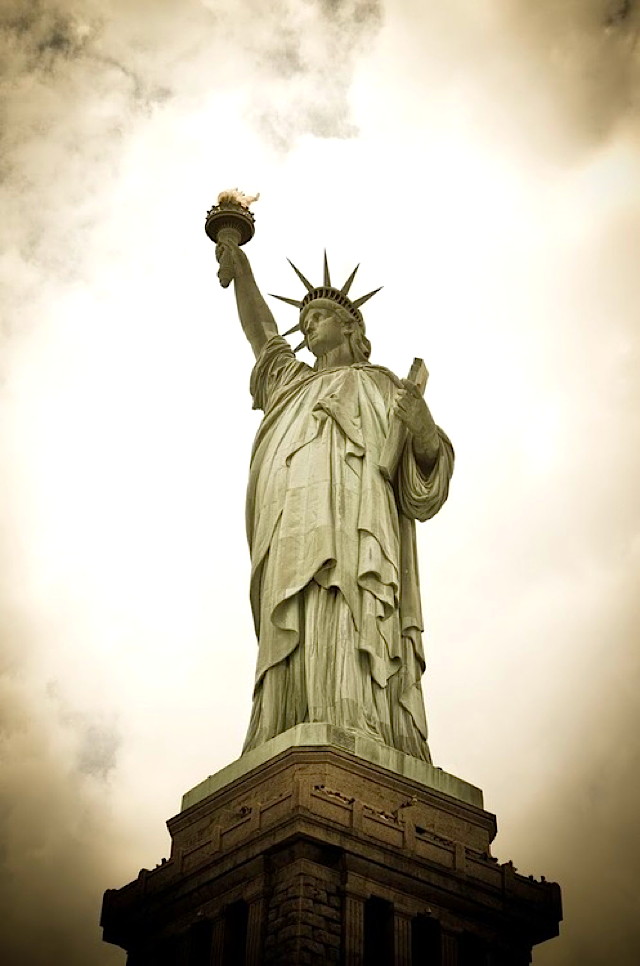


Comments on this entry are closed.
When I was a schoolkid (back in the Dark Ages), we had to learn what was then a well-known poem about Columbus by Joaquin Miller:
Behind him lay the gray Azores,
Behind the Gates of Hercules;
Before him not the ghost of shores,
Before him only shoreless seas.
The good mate said: “Now must we pray,
For lo! the very stars are gone.
Brave Admiral, speak, what shall I say?”
“Why, say, ‘Sail on! sail on! and on!’”
“My men grow mutinous day by day;
My men grow ghastly wan and weak.”
The stout mate thought of home; a spray
Of salt wave washed his swarthy cheek.
“What shall I say, brave Admiral, say,
If we sight naught but seas at dawn?”
“Why, you shall say at break of day,
‘Sail on! sail on! sail on! and on!’”
They sailed and sailed, as winds might blow,
Until at last the blanched mate said:
“Why, now not even God would know
Should I and all my men fall dead.
These very winds forget their way,
For God from these dread seas is gone.
Now speak, brave Admiral, speak and say”—
He said: “Sail on! sail on! and on!”
They sailed. They sailed. Then spake the mate:
“This mad sea shows his teeth to-night.
He curls his lip, he lies in wait,
With lifted teeth, as if to bite!
Brave Admiral, say but one good word:
What shall we do when hope is gone?”
The words leapt like a leaping sword:
“Sail on! sail on! sail on! and on!”
Then, pale and worn, he kept his deck,
And peered through darkness. Ah, that night
Of all dark nights! And then a speck—
A light! A light! A light! A light!
It grew, a starlit flag unfurled!
It grew to be Time’s burst of dawn.
He gained a world; he gave that world
Its grandest lesson: “On! sail on!”
I wonder how many kids today would recognize that poem.
The day the white man stole the new world from the red man even though white men had already been there hundreds of years before. Don’t let historical fact get in the way of idiocy.
Oct 12th
It was the day, in 1963, when my best friend, John Morris, broke his leg.